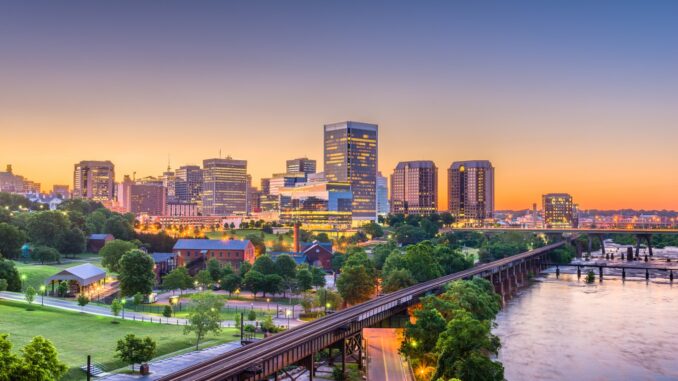
[ad_1]
Special Report
According to BigRentz, an estimated 250,000 Americans lived off the grid as of 2020, and some forecast the number to increase in coming years. Dvele, a company that builds sustainable, off-the-grid homes, has seen a large increase in demand following black-out-inducing climate events in some Western states.
What does it mean to live off the grid? According to the Cambridge Dictionary, those who live off the grid do not need to rely on public utilities, such as electricity and water, as they draw from sources on their own land. (These are the U.S. wind farms generating the most electricity.)
To identify the best states in which to live off the grid in the coming year, 24/7 Tempo reviewed a report on the subject from LawnStarter, a lawn care company that frequently conducts research into city and state amenities. The site reviewed 23 different factors in their assessment, including the availability of renewable energy, the cost of cropland, and the availability of critical-care hospital access. (These are the worst American states for health care.)
It turns out that living off the grid is easier in the so-called flyover states. The five worst states for living off the grid are in the Northeast. On the other hand, six of the top ten best states are landlocked.
Click here to see the best states to live off the grid
Both Texas and California have experienced rolling blackouts due to climate events in recent years, making off the grid living a tantalizing option. Luckily for Texas, it ranks as the No. 2 best state to live off the grid, with the highest growth projections for both solar and wind power in the coming years. While California is also projected to see growth in solar and wind energy, the cost of land is so high that the Golden State only ranks No. 34 on our list.
The top three worst states in which to live off the grid – New Jersey, Rhode Island, and Connecticut – all rank low on factors like affordability, infrastructure, and feasibility (meaning population density as well as the nature of off-the-grid laws regarding things like water, waste, and electricity).

Leave a Reply